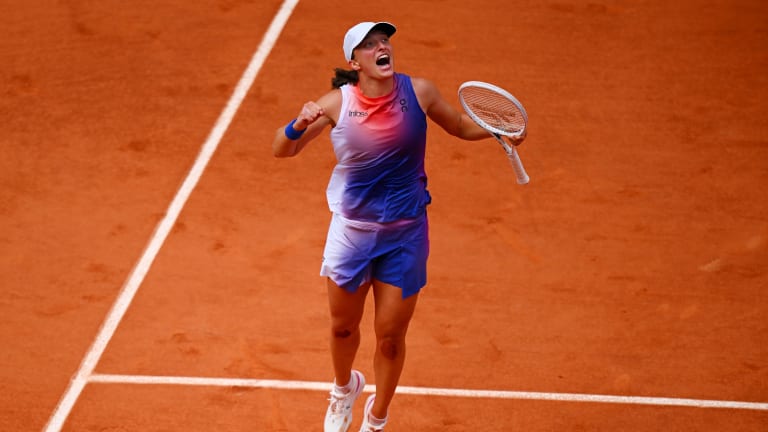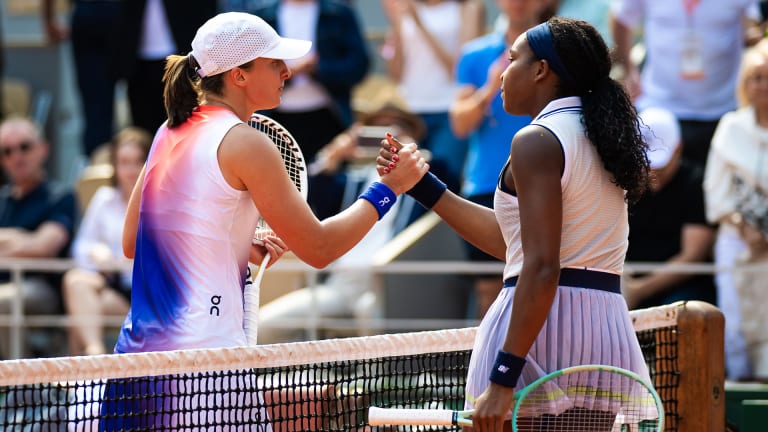The most important takeaway from the WTA’s 2024 campaign may be an exceedingly simple one:
It’s a long season.
So long that that even the tour’s best players and most committed competitors will cycle through multiple peaks and valleys before it’s over. The schedule lasts for more than 10 months, but it’s tough for anyone to play their best on a daily basis for more than a couple of those months at a time.
Iga Swiatek and Coco Gauff, who will face off in the tour’s year-end championships in Riyadh on Tuesday, can both attest to that as they bring their sometimes-superb, sometimes-shaky seasons to a close
WATCH: Swiatek vs. Gauff not before 7 a.m. PT Tuesday on Tennis Channel or stream on our app




